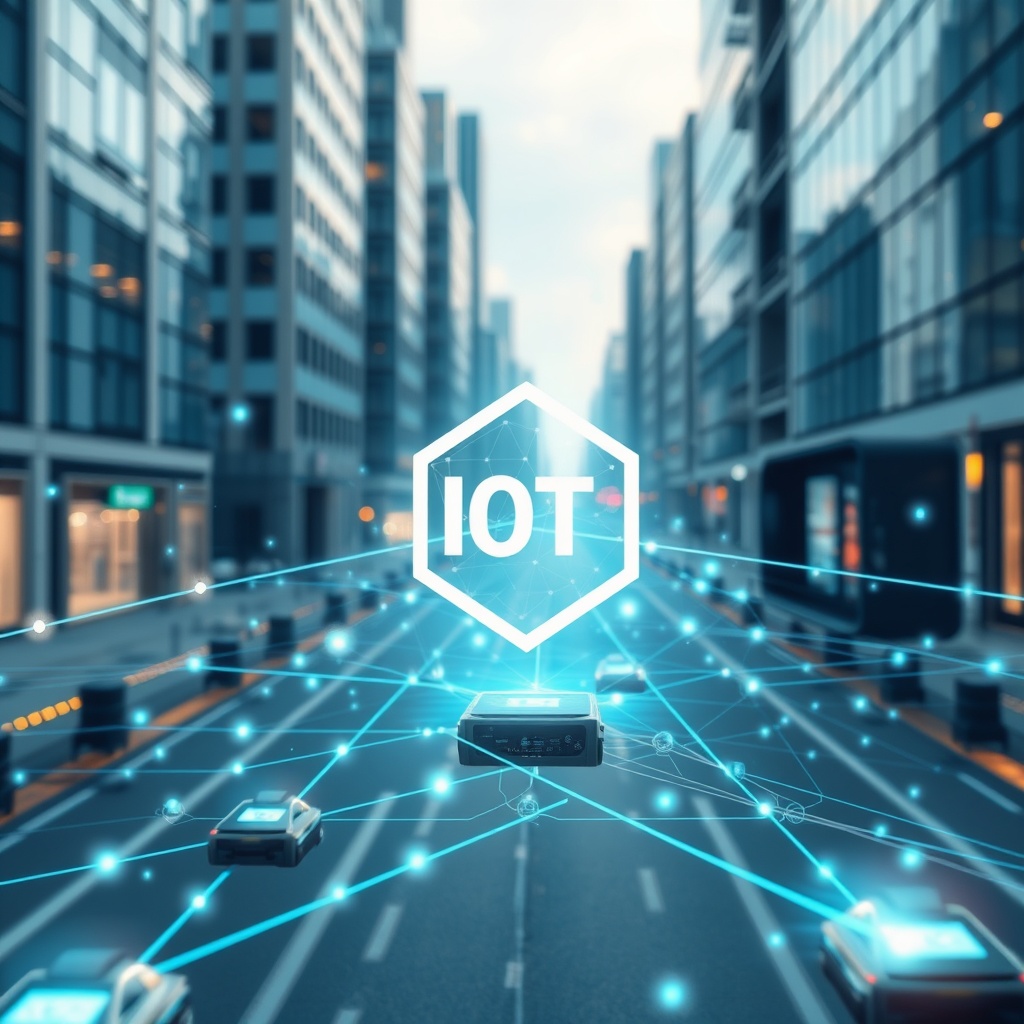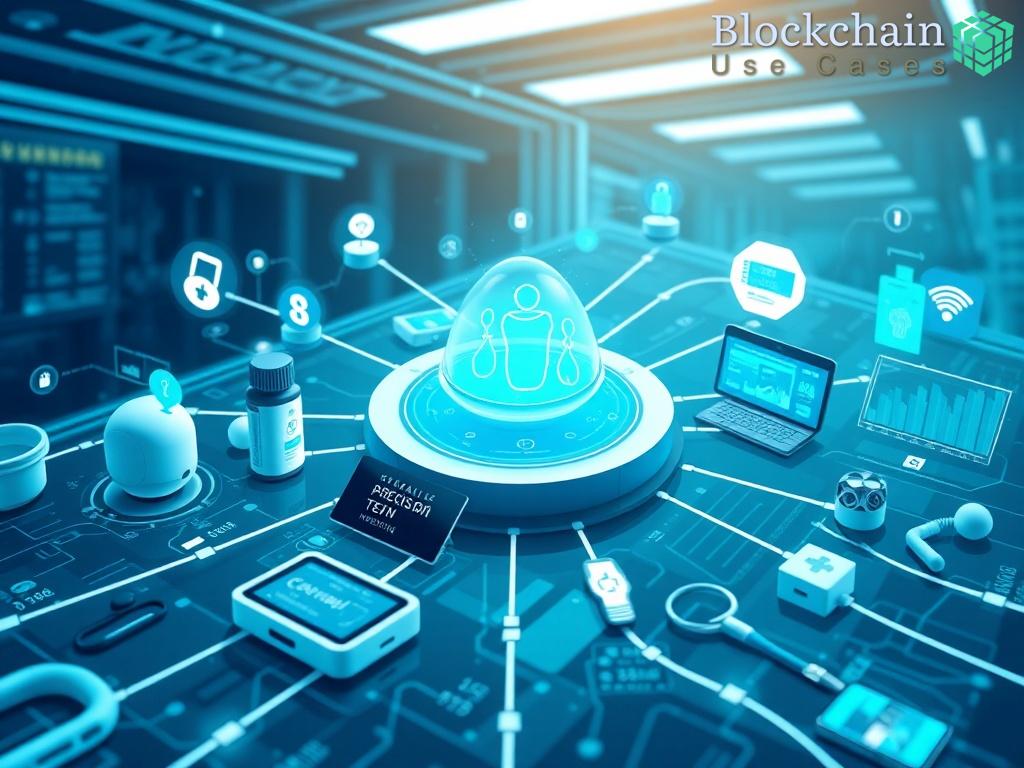The convergence of blockchain technology and the Internet of Things (IoT) is not just a passing trend; it is a paradigm shift that is redefining how devices communicate and process data. With the exponential growth of IoT devices generating massive amounts of data, the challenge of latency in data processing is more pressing than ever. Traditional centralized systems often struggle to keep up with the speed required for real-time decision-making, leading to delays that can have critical implications. Here, we explore how blockchain technology can drastically reduce latency, enhancing the efficiency and effectiveness of IoT applications.
Smart Contracts: Accelerating Decision-Making

One of the most significant innovations brought by blockchain is the implementation of smart contracts. These self-executing contracts with the terms of the agreement directly written into code allow for instantaneous transactions without the need for intermediaries. This capability is paramount for IoT systems where timely data processing is crucial. By automating processes, smart contracts can trigger actions in real-time based on data inputs, thus minimizing delays considerably.
Decentralized Data Management: A Faster Approach
In a traditional IoT architecture, data is often sent to a central server for processing, which can introduce significant latency due to network congestion and server load. Blockchain, with its decentralized nature, allows IoT devices to share data directly with one another while maintaining security and integrity. This peer-to-peer interaction can drastically reduce the time it takes for data to travel and be processed, facilitating quicker decision-making. Not only does this enhance the speed of operations, but it also ensures that data integrity is preserved through cryptographic methods.
Key Benefits of Combining Blockchain and IoT
The fusion of blockchain technology with IoT presents a range of benefits that directly address latency issues. Below is a summary of the key advantages:
- Enhanced Speed: Direct device-to-device communication reduces the time taken for data transfer.
- Improved Security: Data integrity and security are maintained through cryptographic protocols.
- Autonomous Operations: Smart contracts enable automated actions based on real-time data.
- Scalability: Decentralized networks can scale more efficiently with the addition of new devices.
- Cost Savings: Reduced reliance on intermediaries leads to lower operational costs.


















